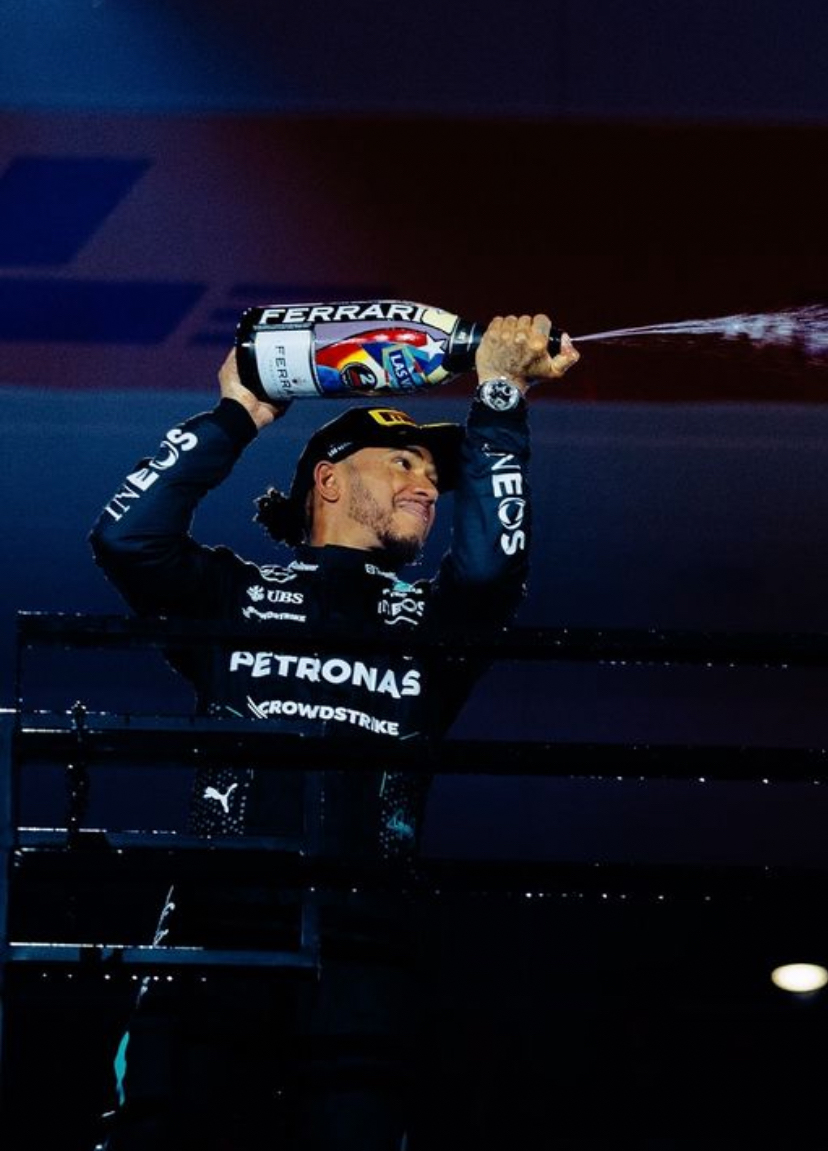Understanding Formula 1 Prize Money Distribution

Formula 1 World Champions: A legacy of racing legends
What is the prize money distribution in F1?
Explore how Formula 1 prize money is distributed among teams, including merit-based payments, historical bonuses, and the impact of prize money on team strategy and F1's competitive landscape.
Formula 1 is not only one of the most prestigious motorsports in the world but also one of the most financially lucrative. Teams compete not only for the championship titles but also for substantial prize money, which plays a key role in their operations and future development. In this article, we examine how F1 prize money is distributed, its impact on team strategy, and how it influences the competitive landscape of the sport.
Overview of the Prize Money System in Formula 1
Formula 1 prize money is primarily distributed to teams based on their performance in the Constructors' Championship at the end of each season. The prize pool is allocated with higher-performing teams receiving larger payouts. This system incentivizes teams to consistently perform at their best, fostering intense competition throughout the season.
How F1 Prize Money is Allocated
The distribution of F1 prize money is governed by several key categories:
Merit-Based Payments
The largest portion of F1 prize money is merit-based, distributed according to the teams' final positions in the Constructors' Championship. The team finishing in first place typically receives the largest payout, while the team finishing last receives the smallest amount.
Historical Payments and Bonuses
Certain teams, such as Ferrari, Mercedes, and Red Bull Racing, receive additional payments due to their long history in the sport. These "historical payments" are part of special agreements with F1 and are designed to reward their longstanding contributions to the sport.
Long-Standing Team Payments
Some teams are guaranteed a certain level of payment due to their longstanding presence in F1. These payments help maintain stability and encourage their continued participation in the sport. For example, Ferrari has a special "Bonus Payment" as part of its legacy within the sport.
Column 1 Payments
Teams that have participated in F1 for an extended period are eligible for "Column 1 Payments." These payments are designed to ensure stability for long-standing teams and are separate from the merit-based prize pool.
Column 2 Payments
Column 2 payments are based on a team's finishing position in the Constructors' Championship. The higher the team's position, the larger their share of this portion of the prize pool.
How Much Prize Money Does a Team Receive?
While the exact figures vary each season, prize money is distributed based on the Constructors' Championship standings. Below is an approximate breakdown of prize money allocation:
- First Place: Teams finishing in first place typically receive over $100 million.
- Second Place: Second-place teams generally receive between $90 million and $95 million.
- Third Place: Third-place teams can expect payouts in the range of $85 million to $90 million.
- Middle-of-the-Pack Teams: Teams finishing in the middle of the standings receive between $60 million and $75 million.
- Lower-End Teams: Teams at the bottom of the standings typically receive between $40 million and $60 million, depending on their position.
Historical Bonus Payments
In addition to regular prize money, certain teams, such as Ferrari, receive "historical bonuses." These bonuses are part of special agreements that provide additional funds to teams based on their legacy, fan base, and long-term involvement in F1. For example, Ferrari’s unique agreement guarantees them a significant additional sum each year, regardless of their position in the Constructors' Championship.
Other Revenue Sources for F1 Teams
While prize money is a major source of income, F1 teams also generate revenue through:
- Sponsorships and Partnerships: F1 teams secure multi-million-dollar deals with sponsors, who pay to have their logos displayed on cars, uniforms, and trackside banners.
- Merchandising: Popular teams like Ferrari and Mercedes generate significant income from selling branded merchandise.
- Licensing and Technology Deals: Teams enter into partnerships to share technological innovations with automotive manufacturers or other companies.
- Performance Bonuses: Teams that perform well in races may receive additional bonuses from sponsors, boosting their revenue further.
The Impact of Prize Money on Team Strategy
Prize money plays a critical role in shaping team strategy. Teams at the top of the standings have more financial flexibility to invest in car development, technology, and talent. This financial advantage can create a cycle where wealthier teams continue to perform better, while smaller teams struggle to close the performance gap. However, the introduction of the budget cap in 2021 has helped level the playing field by limiting how much teams can spend on car development, encouraging more strategic investment in other areas.
Future Changes and Revenue Distribution
As Formula 1 continues to grow, especially with the expanding fan base in North America and new races in the Middle East and Asia, there are ongoing discussions about revising the prize money distribution system. The goal is to ensure a more equitable distribution of funds, giving smaller teams a better chance to compete while maintaining the competitiveness of the sport. Changes to revenue-sharing models may further boost the financial health of the sport as a whole.
Conclusion: The Role of Prize Money in F1's Competitive Landscape
Prize money plays a crucial role in Formula 1, incentivizing teams to perform at their best while ensuring financial sustainability for the sport. While merit-based payments dominate the prize pool, historical bonuses and special contracts help maintain the presence of iconic teams. The ongoing evolution of F1's revenue distribution system will likely continue to impact the competitive dynamics of the sport and its long-term success.
Up Next


